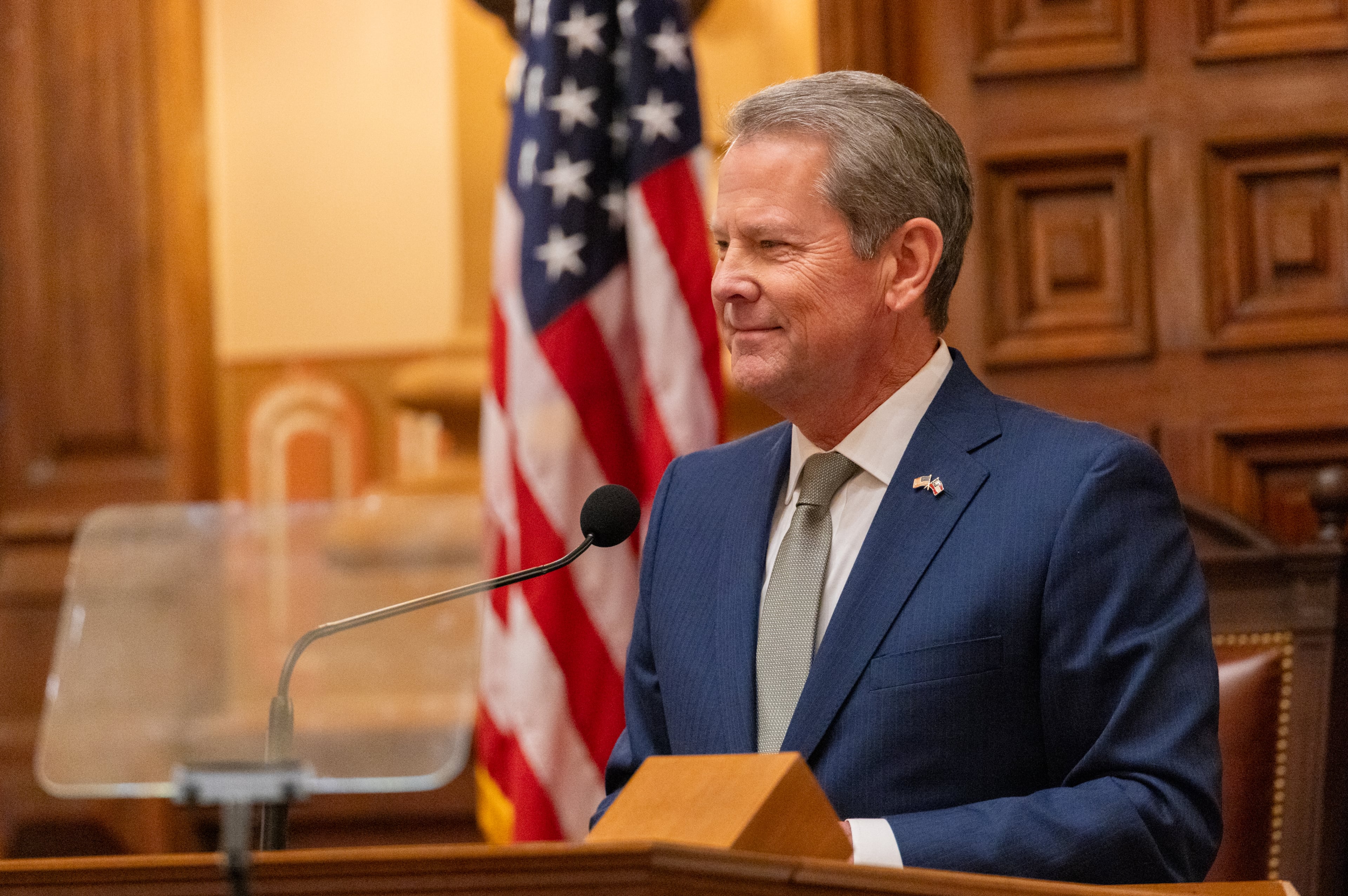Politifact: Census Bureau often asks about citizenship; census hasn’t

Debate has been heating up ever since the U.S. Commerce Department announced March 26 that it plans to ask respondents to the census whether they are citizens.
The department said the purpose of the question is to better enforce the Voting Rights Act.
Meanwhile, immigrant rights advocates and Democrats say the question instills fear in immigrant communities and will lead to an undercount of the population.
The population count, taken every 10 years, is required by the U.S. Constitution and used to determine the number of seats each state has in the House as well as how federal money is distributed to local communities.
Since unauthorized immigrants are more heavily concentrated in some states and areas, an undercount would mean less money and could change how legislative districts are drawn.
California, which has a large immigrant population, has filed a lawsuit in federal court against the Commerce Department and the U.S. Census Bureau seeking to block the question.
During a March 28 interview on a Green Bay, Wis., radio station, Republican National Committee Chairwoman Ronna McDaniel slammed the opposition to the census question, saying it has been asked for “years and years and years.”
Is McDaniel correct?
The evidence
According to our colleagues at PolitiFact National, the last time all households were asked about U.S. citizenship was in the 1950 census. That census questioned where individuals were born and “if foreign-born — is he naturalized?”
In 1960, the census only asked about place of birth.
From 1970 to 2000, the Census Bureau used two questionnaires: a long form and short form.
Most households received the short-form questionnaire, which covered basic questions, while about 1 in 6 households received a long-form questionnaire that included a question on citizenship.
The 2010 census, the most recent one, only used a short form with 10 questions. None of those related to citizenship.
However, in the mid-2000s the Census Bureau began gathering demographic and socioeconomic information through the American Community Survey. The survey collects information from about 3.5 million households a year and asks about citizenship status.
The idea with both the now-defunct long form and the ongoing ACS survey is to use a large sample of responses to draw conclusions about the population as a whole, much as a poll does not need to contact every voter to be considered valid.
Our rating
The last time all households were asked about U.S. citizenship was in the 1950 census. But in the decades since, some version of the question has been asked in nearly every census — either through the now-defunct long form or the ongoing annual surveys.
The 2020 census calls for asking all households the citizenship question.
McDaniel’s statement is accurate but needs clarification or additional information.
We rate the claim Mostly True.
The census “for years and years and years, decades, has asked, ‘Are you a citizen of the United States of America?’ “
— Republican National Committee Chairwoman Ronna McDaniel in a radio interview March 28


